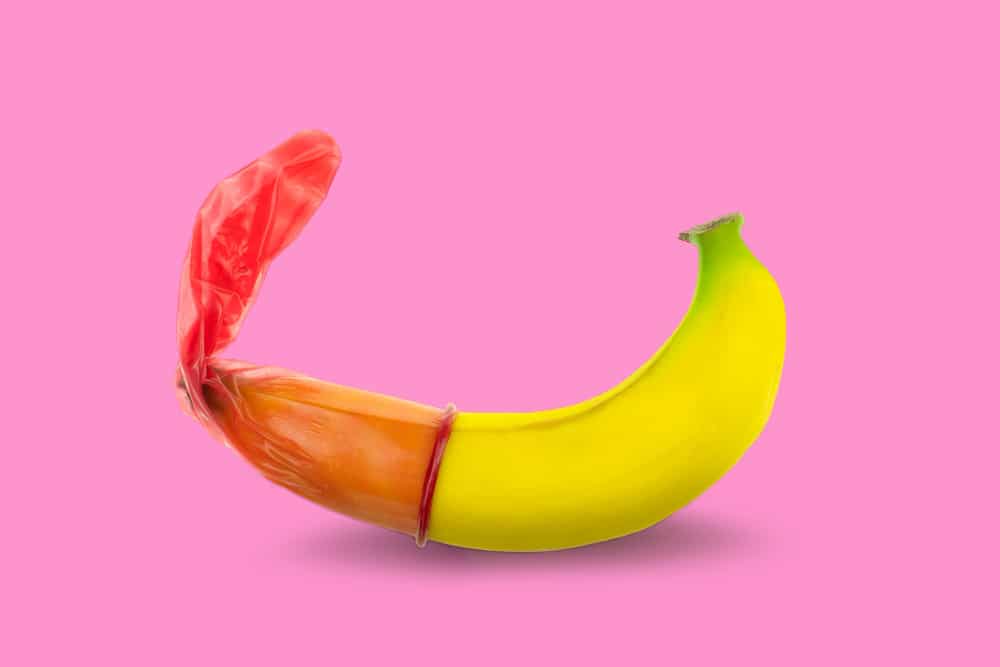Losing weight while eating fat: this is the surprising promise of the ketogenic diet, to say the least. Used for almost a century against certain forms of epilepsy, the ketogenic diet has gradually made a place for itself alongside weight loss diets. Serious Keto For some time now it has had some success, as evidenced by the twenty or so books published in recent years and the numerous press articles which are frequently devoted to it. How does this diet work? What do we know about its effectiveness? Le Figaro takes stock.
What is the Serious Keto Diet?
The National Food Safety Agency (ANSES) considers that, for an adult, about 10 to 20% of energy must come from proteins, 35-35% from lipids (fats) and 40-55 % of carbohydrates (sugars). The ketogenic diet is based on a drastic reduction in carbohydrate intake (no more than 50 grams per day for an adult) in favor of a massive intake of lipids (70 to 90% of total energy intake) , with a protein intake that remains at 15-20% of intake. Rather counter-intuitive, in a world where fat plays a bad role in the collective imagination
Foods made from cereals (bread, pasta, rice), potatoes, prepared meals, sweets, cakes and milk (rich in lactose, which is a carbohydrate) should be prohibited. Certain fruits and vegetables, too rich in carbohydrates (a banana provides about 30 grams of carbohydrate out of the 50 required), are also to be avoided, as well as legumes. On the other hand, you should bet on all foods rich in fat and protein such as vegetable oils, butter, eggs, meats, oily fish, avocado
How Does it Work?
To function, the body has three types of food fuels: carbohydrates, fats and proteins. When carbohydrates are very low – as is the case with the ketogenic diet – the liver begins to make ketones from dietary fat or the body’s fat stores. It is said that the body is in “ketosis”: it turns into a machine to “burn” fat. Ketone bodies therefore become the main source of energy for most of our cells. This change occurs on average between two and four days after the adoption of the diet.
Can a Serious Diet Help You Lose Weight?
A drastic diet of this type definitely makes you lose weight,” says Professor Cynober. “The individual can lose several pounds in a month. But the problem with these extreme diets is that there is a rebound effect. Serious Keto Often, people gain more weight than they initially lost ”. The famous “yo-yo” effect, which is found in all diets.
“Research has shown that low-sugar diets allow you to lose weight faster than low-fat diets. But in the long term, the weight curves come together, ”says Dr François Jornayvaz, head of the diabetology unit at Geneva University Hospitals and author of several scientific articles on the ketogenic diet
According to the doctor, we must distinguish this diet – where carbohydrates are almost eliminated – from low-sugar diets. “We have reason to believe that moderately low carbohydrate diets, which do not exceed 130 grams of sugars per day, could be beneficial, especially for diabetic patients,” he emphasizes. But we must be extremely careful with the type of fats consumed and favor those of plant rather than animal origin, otherwise there is a risk of developing fatty liver (hepatic steatosis) and hypercholesterolemia, with harmful effects in the long term.
Are There any Side Effects?
In the short term, switching from a classic diet to a ketogenic diet can lead to nausea, constipation, fatigue, headaches, cramps, bad breath … All these inconveniences are mainly related to dehydration. “With this diet, the body is forced to use its glucose reserves,” explains Prof. Luc Cynober. “But in muscle, glucose is stored with water. Its use therefore results in the elimination of water which contributes to weight loss but also to dehydration
This diet, which involves reducing the consumption of fruits and vegetables, can also lead to deficiencies. “There may be a deficit in vitamins, minerals and fibers”, abounds Professor Cynober. Hence the need to take advice from a dietitian or a nutritionist before embarking on such an enterprise.



